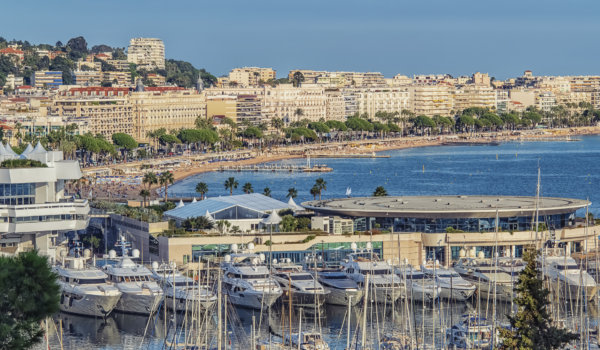News
Belfast
We are all painfully aware that this has been one of the deepest recessions in memory and it would be a brave commentator that picks a timeframe for when recovery will take hold. Uncertainty and gloomy outlooks abound. In fact, the International Monetary Fund is forecasting a return to recession for the Eurozone in 2012 while the Item Club believes the UK has already returned to recession.
What is certain is that the recession will end eventually and Northern Ireland can’t just sit and wait for the UK and Ireland to recover for us. On the trade side, there are significant opportunities for Northern Ireland to tap into. If we take construction (as a sector that has suffered more than any other in this recession) there are opportunities for this sector in emerging markets like Saudi, Singapore and Brazil. Australia and New Zealand also offer significant opportunities in construction. Our small and medium sized firms need to look at developing key strategic relationships with big global players or form local consortia to enable them to tap into these opportunities. Successful models of investment attraction have a number of things in common; a compelling proposition or business opportunity that resonates with the investor, an understanding of the target audience and the business issues which affect them, a clear channel to market with a supporting/reinforcing intermediary network and very explicit and accessible project management arrangements to facilitate the investment and look after the investment once it has landed.
This is why small countries and city states like Ireland, Netherlands, Sweden, Hong Kong, Singapore and Dubai have the ability to organise themselves tightly around this agenda and consequently have been highly successful in attracting investment. Today the picture is very different: Technology and services investment has overtaken manufacturing, and a number of the new economy sectors such as green tech, biomedical, and digital media are driving the growth in inward investment. Significantly many of the investors are relatively new Venture Capital or private equity funded companies and will not yet be on institutional investor radars, but have a high ambition and propensity to invest overseas. And finally emerging markets like China, India and Brazil feature strongly as sources of foreign investment and tend to favour acquisition as a favoured mode of investment.
The investors of tomorrow are more likely to be businesses we have never heard of, working in technologies and sectors of the future. The investor of tomorrow is more likely to be seen at Glastonbury or the MTV awards than sitting in a pin stripe suit in a boardroom. To reach and engage them, a radical approach will be needed that gets quickly to the money shot, identifies the appropriate channels and spheres of influence to reach them and works informally but highly effectively to support, deliver and protect their investment project. While it is obviously to our advantage to see our nearest neighbours recover strongly, Northern Ireland isn’t sitting back waiting for it to happen. Nor can it afford to.



